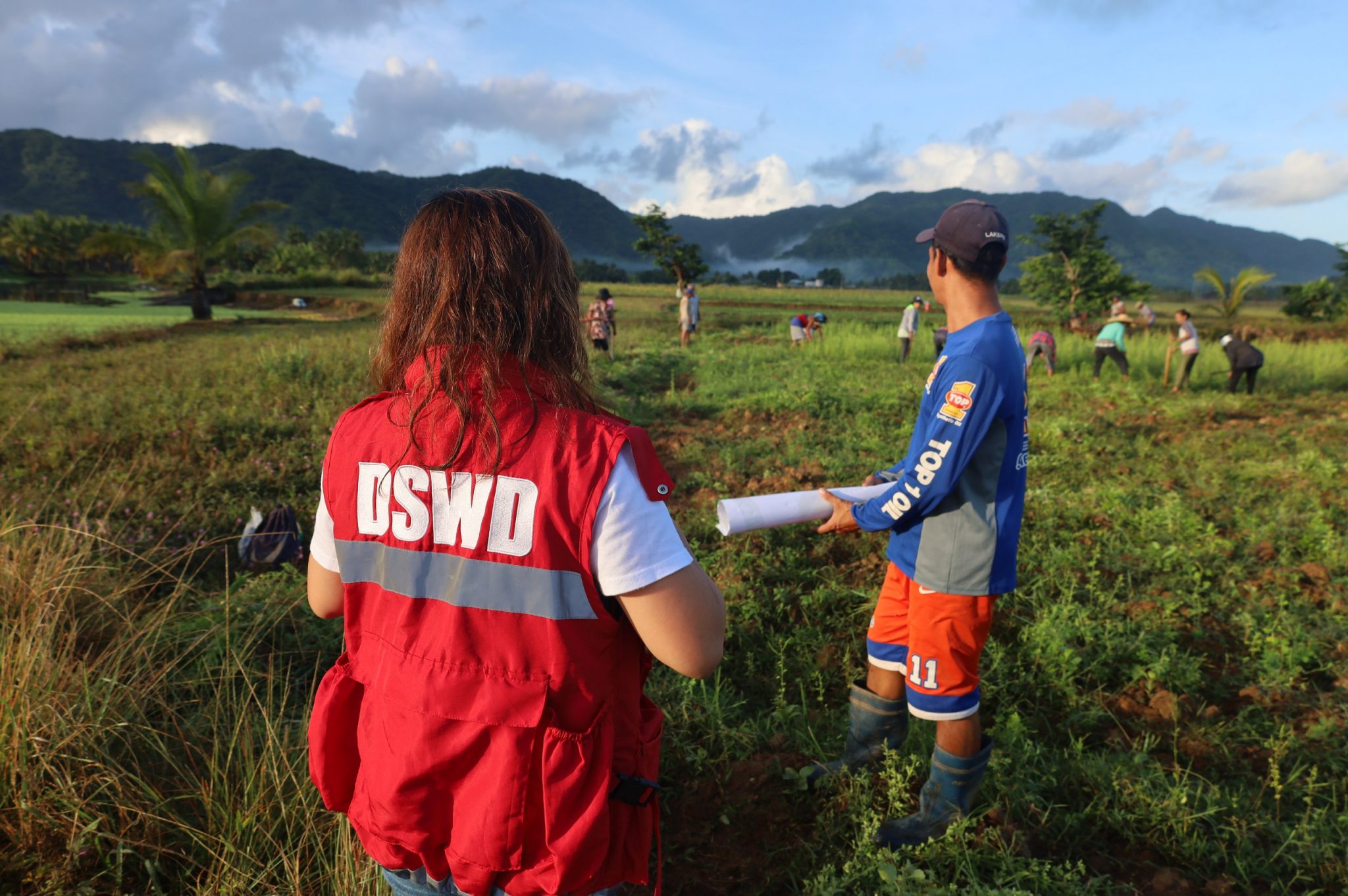
Legazpi City – Out of the 15 recipient municipalities, the Department of Social Welfare and Development (DSWD) Field Office 5 has successfully completed the implementation of Project LAWA and BINHI in its 12 partner Local Government Units in the Bicol Region.
As of this press time, a total of 3,642 partner-beneficiaries in these 12 municipalities, namely Caramoran, Gigmoto, Viga, and Bagamanoc in the Province of Catanduanes; Magallanes, Pilar, Casiguran, Donsol, and Castilla in the Province of Sorsogon; and Balud, Batuan, and Pio V. Corpus in the Province of Masbate, have completed the three stages or 20-day Cash-for-Training and Work modality of this program.
The Project LAWA at BINHI has three stages implementation, the first stage was a three-day learning and development session through Cash-for-Training, covering topics such as risk resilience, disaster management, DSWD programs and services, and skills training related to the project to be implemented.
In the second stage, the partner-beneficiaries engaged in a 15-day Cash-for-Work Program, implementing projects supporting water sufficiency and food security.
Lastly, a two-day Cash-for-Training focused on implementation assessment, planning for the sustainability of the projects, and a turnover ceremony will be conducted to complete the 20-day program implementation.
The partner-beneficiaries will be given compensation based on the prevailing regional daily minimum wage rate in Bicol Region. Over the course of the 20-day program, each partner-beneficiaries will receive PHP 7,900, equivalent to PHP 395 per day.
The remaining municipalities are currently conducting simultaneous CWF and CFT, which will be finished in the first week of July, alongside the payout scheduled on the following week.
Project LAWA at BINHI or the Local Adaptation to Water Access and Breaking Insufficiency through Nutritious Harvest for the Impoverish initiated by DSWD Secretary Rex Gatchalian, aim to strengthen the adaptive capabilities of poor and vulnerable families during severe drought and mitigate the food insecurity and water scarcity caused by the El Niño phenomenon.
This initiative also aims to address and prevent adversities and challenges that may be caused by La Niña and establishes long-term solutions to mitigate the impact of water scarcity and food insufficiency on vulnerable communities during disasters.###
